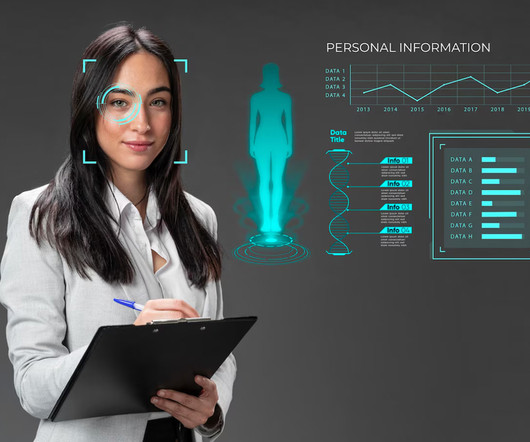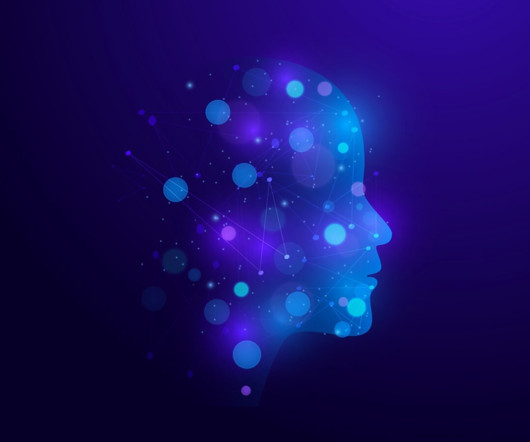Digital Phenotyping: emerging HealthTech sub sector is 'one to watch in 2024 and 2025'
Lloyd Price
APRIL 16, 2024
Here are some of the potential benefits of digital phenotyping: Improved diagnosis and treatment of mental health conditions: Digital phenotyping can be used to identify early signs of mental health problems and track the effectiveness of treatment. This allows for early intervention and targeted support.














Let's personalize your content